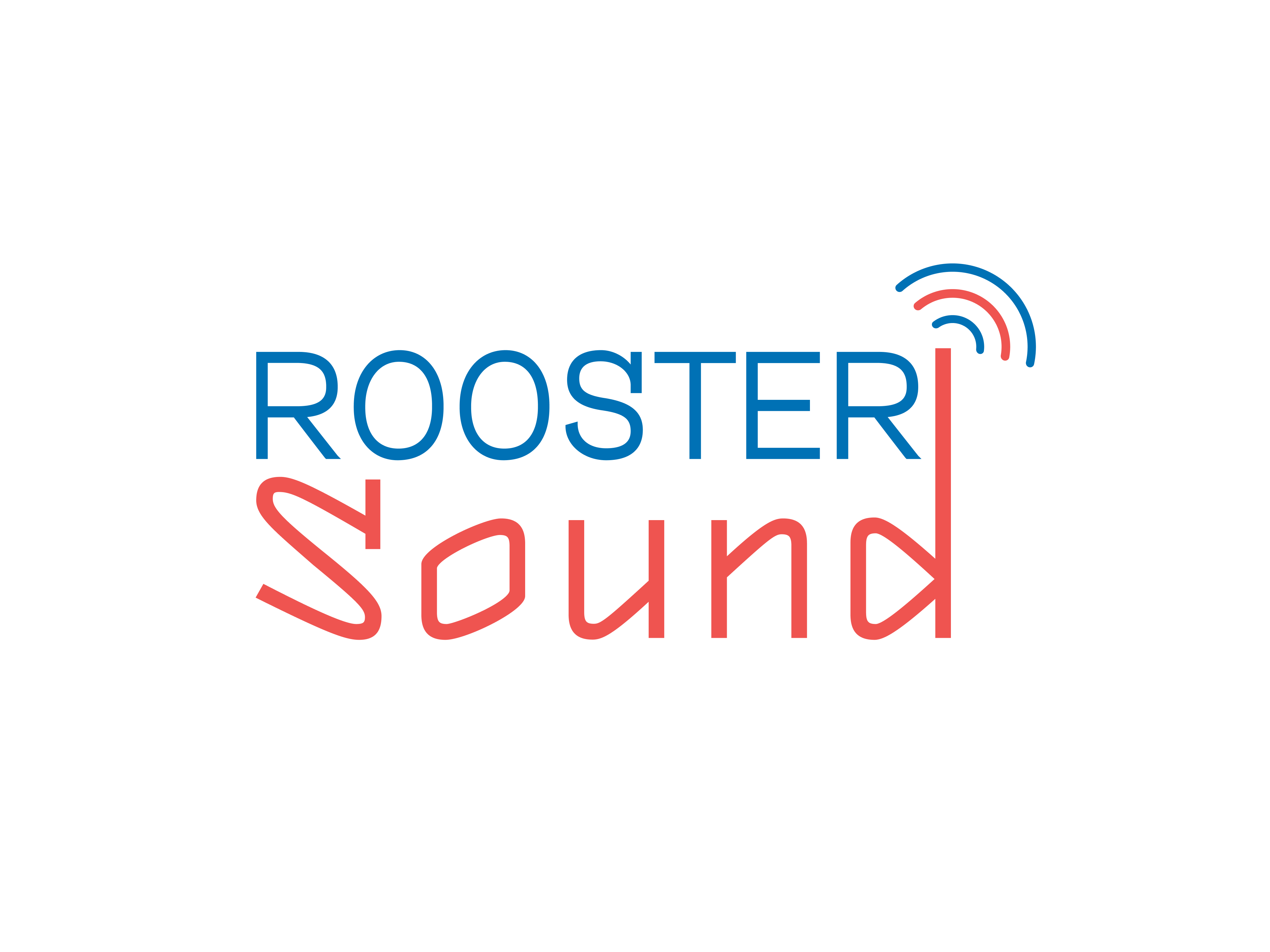Healthcare Management in the Digital Age

In the digital era, healthcare management has emerged as a critical field to meet the challenges of delivering efficient and quality care. With rapid advancements in technology and rising patient expectations, healthcare providers face the dual responsibility of offering patient-centric services while navigating a complex web of administrative, financial, and legal requirements. Digital tools like Electronic Health Records (EHRs), AI diagnostics, and telemedicine platforms have transformed healthcare delivery. However, their adoption requires skilled management to ensure seamless integration and optimal use. Healthcare compliance management software addresses this need by overseeing operations, maintaining compliance with legal standards, and ensuring the financial sustainability of healthcare institutions.
In this dynamic landscape, healthcare management isn’t just a support system; it’s a strategic necessity. It enables healthcare providers to adapt to technological advancements while focusing on improving patient outcomes and operational efficiency. As healthcare becomes more digitized, the role of healthcare management continues to expand, underscoring its indispensable value in shaping the future of medical care.
What is Healthcare Management?
Healthcare management involves the coordination and oversight of medical services to ensure efficient operations, compliance, and patient satisfaction. It integrates multiple domains, such as administration, finance, and legal frameworks, into a unified approach to managing healthcare facilities. A key component is administrative work, which covers appointment scheduling, staff coordination, and managing patient records. Healthcare managers are also responsible for maintaining financial records, such as budgets, payroll, and insurance claims, ensuring that institutions operate within their financial means.
Legal practices are equally vital in healthcare management. Managers must navigate regulations such as HIPAA in the U.S. or equivalent frameworks globally, ensuring patient data privacy and institutional compliance. Additionally, they oversee ethical practices, safeguard against legal risks, and ensure adherence to standards. Healthcare management ensures that all these elements function cohesively, balancing the needs of patients, staff and the institution itself. It lays the foundation for a well-organized healthcare system capable of adapting to the evolving demands of the industry.
Why is Healthcare Management Important?
Healthcare management is a cornerstone of modern healthcare systems. It ensures that institutions run efficiently, effectively, and ethically.
Optimized Patient Care
Healthcare management directly impacts patient outcomes by streamlining workflows, reducing wait times, and ensuring accurate diagnostics and timely treatments. This creates a better overall experience for patients, leading to higher satisfaction rates.
Resource Optimization
Efficient management ensures that resources such as staff, equipment, and finances are utilized effectively. It minimizes wastage while ensuring availability, particularly in critical areas like emergency care.
Regulatory Compliance
Healthcare is one of the most heavily regulated sectors. Managers play a crucial role in ensuring compliance with laws and guidelines, such as patient confidentiality, safety standards, and ethical practices. Failure to comply can result in legal penalties and loss of reputation.
Financial Viability
Healthcare facilities must balance quality care with financial sustainability. Management teams oversee budgeting, cost control, and revenue generation. They ensure that services remain affordable while maintaining profitability, enabling investment in advanced technologies and better infrastructure.
Integration of Technology
With the rise of digital health solutions like EHRs and telemedicine, healthcare management ensures the successful implementation and use of technology. Managers address challenges such as training staff, maintaining cybersecurity, and integrating new tools with existing systems.
Improved Collaboration
Healthcare management fosters effective communication and collaboration between various departments, including medical staff, administration, and support teams. This ensures that everyone works towards shared goals, reducing errors and improving patient care.
Crisis Preparedness
Healthcare institutions face unpredictable challenges, from pandemics to natural disasters. Effective management ensures preparedness by maintaining emergency protocols, coordinating resources, and ensuring continuity of care during crises.
Benefits of Healthcare Management
Healthcare management offers numerous benefits:
Efficiency: Streamlined processes reduce redundancies and ensure smooth operations.
Cost Savings:Better financial oversight reduces unnecessary expenses and improves profitability.
Improved Patient Care: Efficient workflows result in accurate and timely care, enhancing patient satisfaction.
Regulatory Adherence: Ensures compliance with laws and ethical standards, minimizing legal risks.
Data Security: Proper management safeguards sensitive patient information, maintaining trust.
Technology Integration: Facilitates the adoption of innovations like telemedicine and AI diagnostics.
Crisis Management: Enhances readiness and response during emergencies, ensuring continuity of services.
Tools Used in Healthcare Management
Healthcare managers use various tools to optimize operations:
Electronic Health Records (EHRs): For maintaining accurate and secure patient records.
Practice Management Software: To handle scheduling, billing, and resource allocation.
Analytics Tools: For data-driven decision-making and performance monitoring.
Telehealth Platforms: Enabling remote consultations and virtual care.
Compliance Management Systems: Ensuring adherence to regulatory standards.
Healthcare management is the backbone of modern medical institutions, bridging operations, technology, and patient care. In the digital age, its role is indispensable for delivering high-quality, efficient, and ethical healthcare. By ensuring seamless operations, healthcare management paves the way for a future-focused, patient-centric healthcare system.






